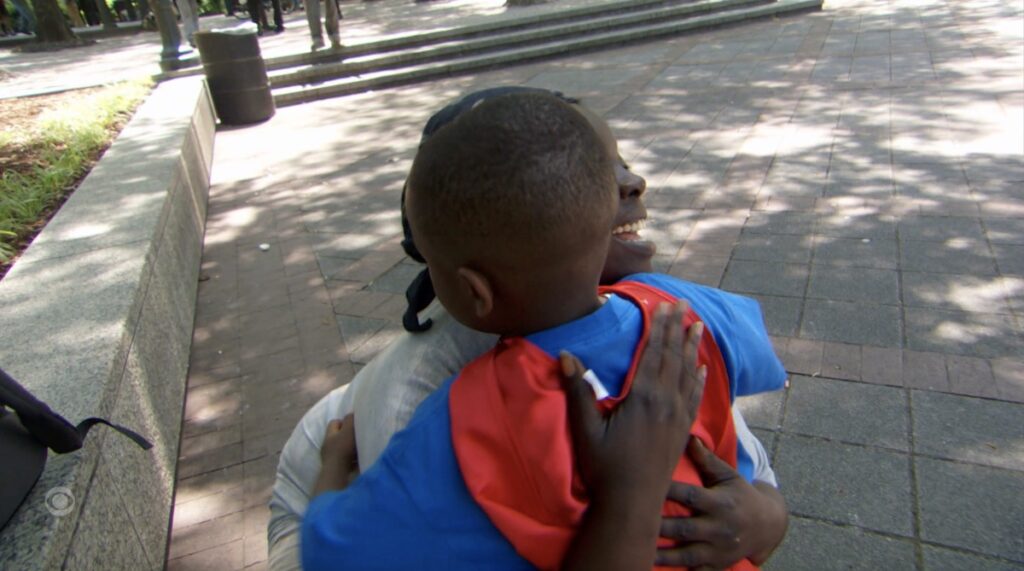
Showing empathy means actively caring for the well-being of others. It’s about supporting and uplifting those around you through thoughtful actions, words, and gestures.

Make decisions based on rationality, ethics, and effectiveness.
Assess and be sensitive to the feelings and needs of others.
Enthusiastic to understand more about themselves, others, and the world around them.
Make rational, ethical, and effective decisions to find the best solutions to problems


Students will reflect on empathy, their ability to make an impact, and their sense of responsibility towards their community.





Break students into small groups of 5-8 or keep the whole class together for a larger game.

K-5
6-12

Educators: Copy the Family Connection and email it to parents or click here to download a PDF version to email or print.
Watch
Watch the video together: https://youtu.be/tuVq0xHy5xM
Discuss
Use these questions to start meaningful conversations about empathy.
Activity
Choose a way to support the community in the next month.